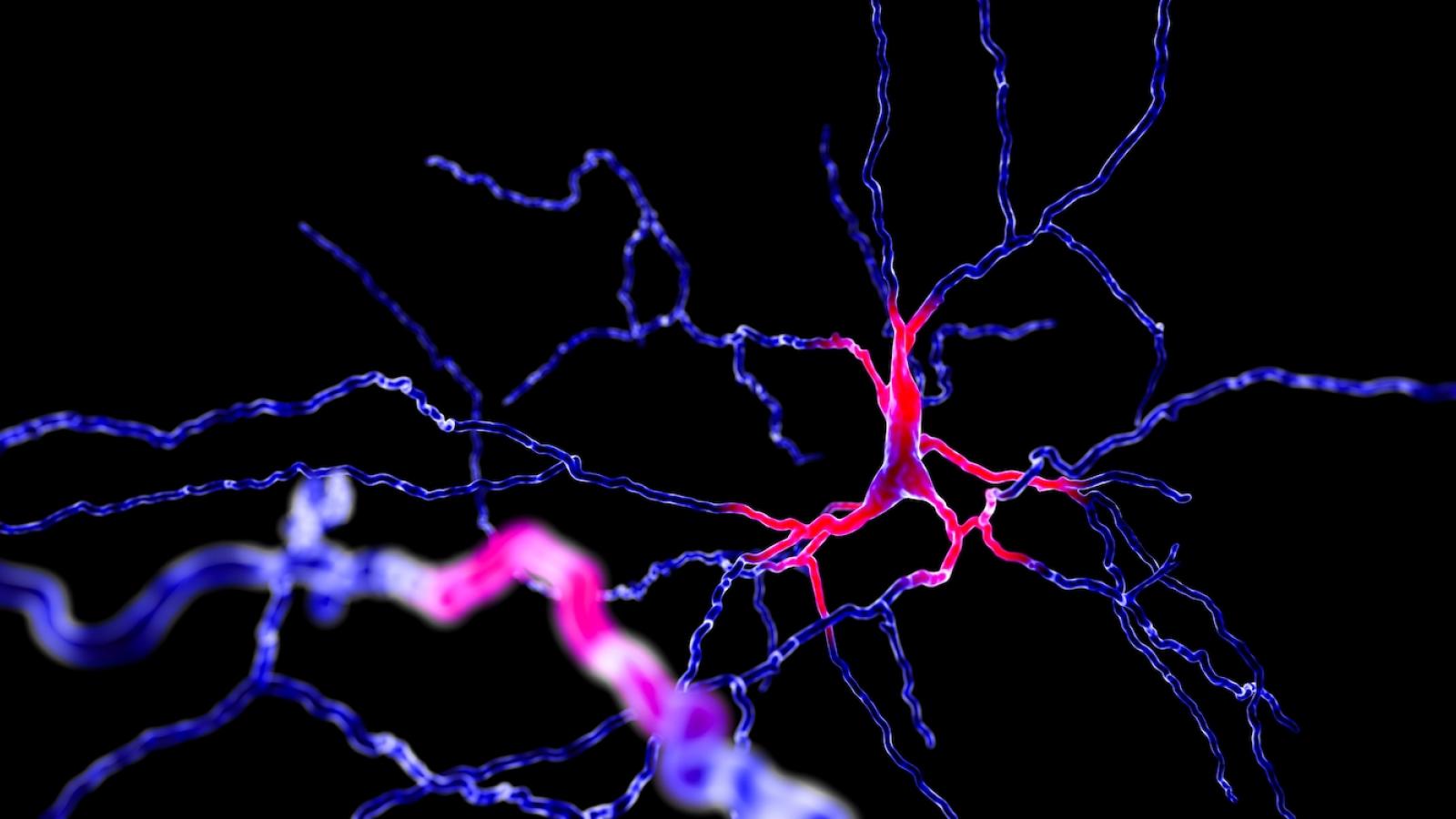Dr Nathan Skene, a UK DRI researcher based at Imperial, is part of a team that has discovered that cells from the gut's nervous system are involved in Parkinson's disease, indicating that the disease may start there.
The team, led by researchers at Karolinska Institutet in Sweden and the University of North Carolina in the USA, mapped out the cell types involved in a range of brain disorders. The findings are published in Nature Genetics and offer a roadmap for the development of new therapies to target neurological and psychiatric disorders.
The nervous system is composed of hundreds of different cell types with very different functions. It is vital to understand which cell types are affected in each disorder so as to understand their specific causes and, ultimately, develop new treatments.
In this study, researchers combined mouse gene expression studies with human genetics to systematically map the cell types underlying different brain disorders, including Parkinson's disease, a neurodegenerative disorder with cognitive and motor symptoms resulting from the loss of dopamine-producing cells in a specific region of the brain. They found that dopaminergic neurons were associated with Parkinson’s disease, and that enteric neurons also seem to play an important role in the disorder, supporting the hypothesis that Parkinson’s disease starts in the gut.
people on average diagnosed with Parkinson's disease every day in the UK (PDUK 2018 Report)

Group Leader at UK DRI at Imperial
Dr Skene, joint first author of the study, commented,
“Why some neurons degenerate in Parkinson’s, while others survive has been a long-standing mystery. Our study has shown that all those cell types which degenerate – including those in the gut – are linked by an intrinsic genetic vulnerability.”
When the researchers analysed differences in brain tissue from healthy individuals and people with Parkinson's disease at different stages of the disease, they made another unexpected discovery. A type of support cell in the brain called oligodendrocytes were found to be affected early on, suggesting that they play a key role in the early stages of the disease. The oligodendrocytes appeared to be affected even before the loss of dopaminergic neurons.
“Degeneration of dopaminergic neurons in Parkinson’s is well established, so we were expecting to see this, but the association with oligodendrocytes was a complete surprise.” said Dr Skene. “This suggests that a core mechanism of Parkinson’s has been overlooked until now. This will open up many new avenues for drug development.”
The study was funded by the Swedish Research Council, StratNeuro, the Wellcome Trust, the Swedish Brain Foundation, the Swiss National Science Foundation, the US National Institute of Mental Health, and the Psychiatric Genomics Consortium.
Reference
Article published: 01 May 2020
Banner image: Kateryna Kon/Shutterstock.com
